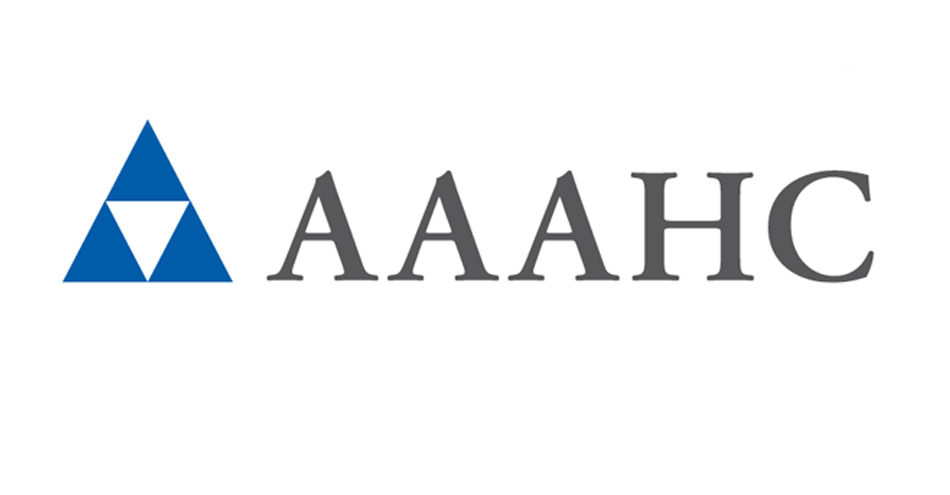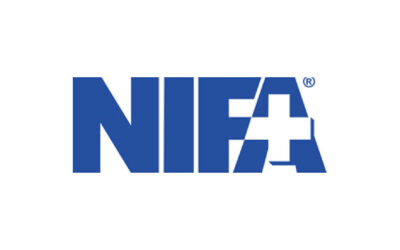Having a fresh set of eyes review what you’re doing and how you’re doing it can be a great way to identify strengths and weaknesses in your organization. It’s one of the main benefits of using an accrediting organization like AAAHC that approaches the survey process with a collegial, consultative mindset. But sometimes, having a fresh set of eyes that doesn’t also make a recommendation regarding your organization’s accreditation status is what you really want. In other words, you want a consultant.
Consultants can potentially provide a myriad of services to an ASC or office-based surgery setting but it’s important to do some homework before entering into an agreement for consulting services. New and existing surgery centers have differing sets of concerns. A good place to start your search for consultative help in preparing for a survey is with an inward look at your organization.
Who are you (as an organization)?
Are you a pre-construction ASC, preparing to build from the ground up and concerned about meeting requirements for your physical plant? If so, you may want to ask candidates about the code sets they are most familiar with. If they don’t immediately cite the NFPA codes currently in use by CMS and/or your accrediting organization, you’ll be paying for their education in addition to your own.
Are you a start-up trying to get your policies and procedures in place? If so, you’ll want to know how many organizations the consultant has prepared for accreditation that are similar to yours. Assuming that he/she is familiar with your setting, you’ll want to know if you’ll be handed a set of pre-drawn policies or if they’ll be customized to your organization. One size rarely fits all and there’s nothing more frustrating to a surveyor than to be directed to a set of policies with another organization’s name at the top and a set of requirements that don’t match the services of the ASC being surveyed.
Have you chosen your accreditor? If you know (or are leaning toward) a specific accrediting organization, or have opted for state inspections, you’ll want to ask potential consultants to describe their expertise with the standards and the process of that reviewing body. You should ask about his/her win-loss percentage. While this might be information that a consultant doesn’t share, what you’re really seeking is a description of how they see their role if the survey and/or decision go badly.
Are you an existing ASC looking to preempt survey deficiencies or to fix what has already been identified as a problem? Many consultants will perform mock surveys that can be viewed as a live gap analysis. The question to consider is how you plan to address any gaps that are identified. Does your current staff have the capacity to make corrections or do you need additional help to prepare and execute a plan of correction?
If you’re hoping that a consultant will fix what’s wrong, an important consideration is how corrective actions will be transitioned to your staff. In other words, what does the hand off look like; what kind of training or education (if any) can you expect?
These questions should help you frame the scope of services you need. Next, you’ll want to compile a short list of potential consultants. Use listservs, online searches and professional recommendations to develop your initial list. Then, turn your focus outward to explore the experience and expertise that each individual or firm can offer.
Who are they?
At the most basic level, you’ll want to ask:
- How long have you been a consultant?
- What qualifies you to advise me?
These basic questions get at the professional experience the consultant will be bringing to your organization. Consider the professional license/academic credentials of your candidates along with their experience with organizations similar to yours. Consultants should be willing to share contact information for previous or current clients and it’s your responsibility to perform the due diligence of following up with these references. Your goal here is to find out what it’s like to work with this person. Will they be easily accessible and as comprehensive as the scope of your needs? Do they speak not just your language but the specific dialect of your specialty?
What’s should you expect from the process?
Ask your candidates:
- How they scope their services and what form(s) the services will take: phone consultation? Mock surveys? Staff training?
- What are the terms of service? Are you buying a pre-defined number of hours or is that open-ended based on completion of the project?
- What will it cost?
And, of course, you’ll ask about fees. Find out what exactly is included and if there are additional fees that you might incur later. For example, if the agreement is to prepare the organization and see it through the survey, what happens if a Plan of Correction is required post-survey?
You want to maximize the benefits of engaging a professional consultant by taking the time to make a thoughtful choice. If you do it right, this person can become an ongoing sounding board and a resource extension for your clinical or administrative staff.
Angela FitzSimmons is Director, Marketing and Communications, for AAAHC and its family of companies. Since 2011, she has focused on bringing best practices to life by developing educational resources for AAAHC-accredited organizations based on the Standards.









